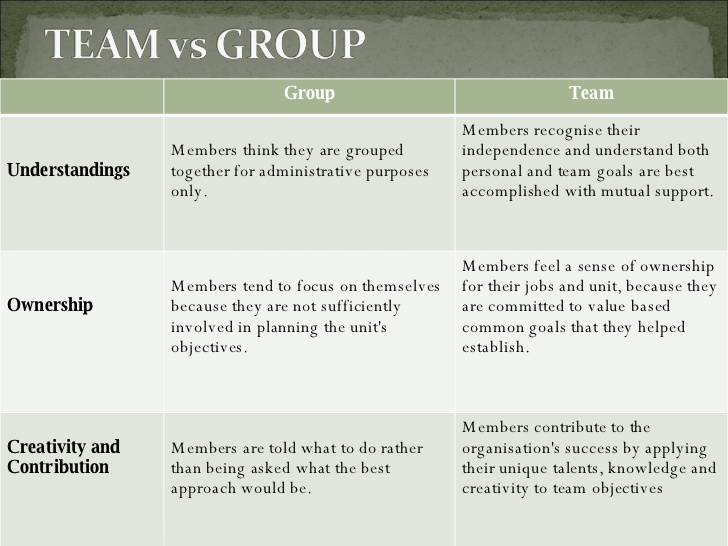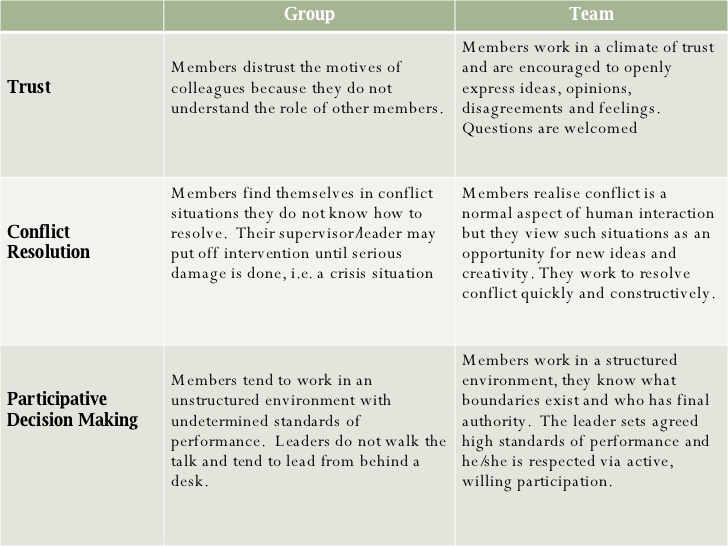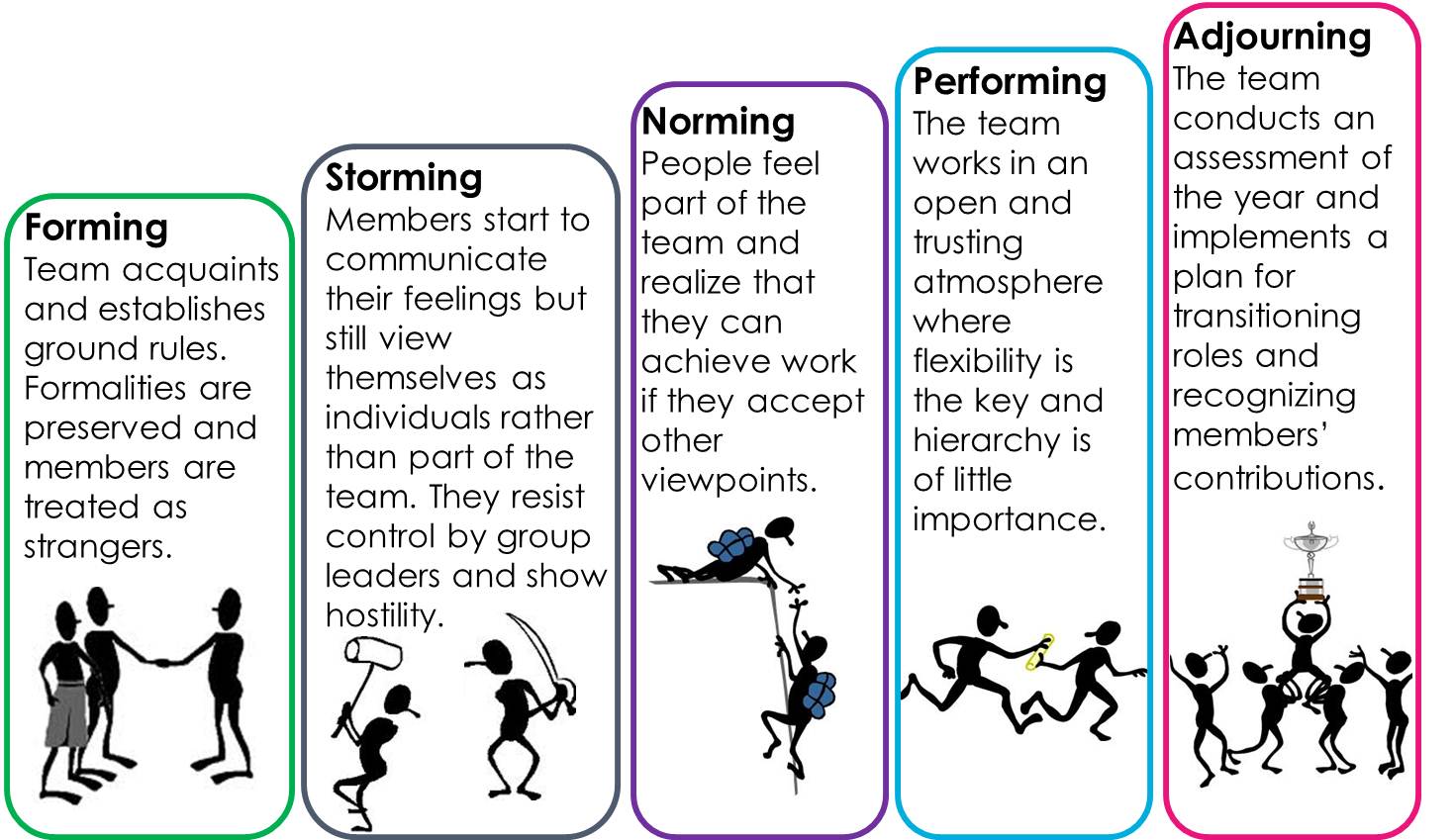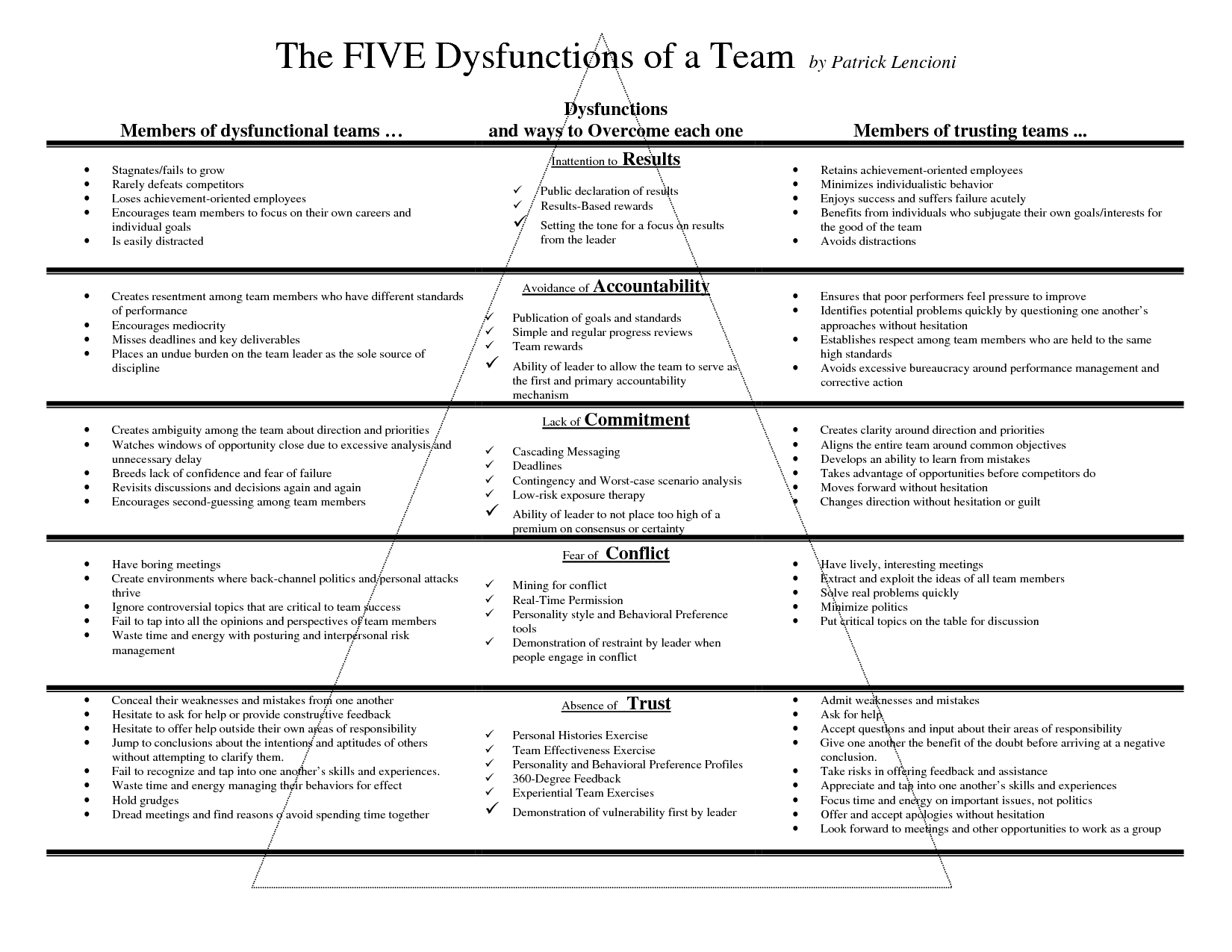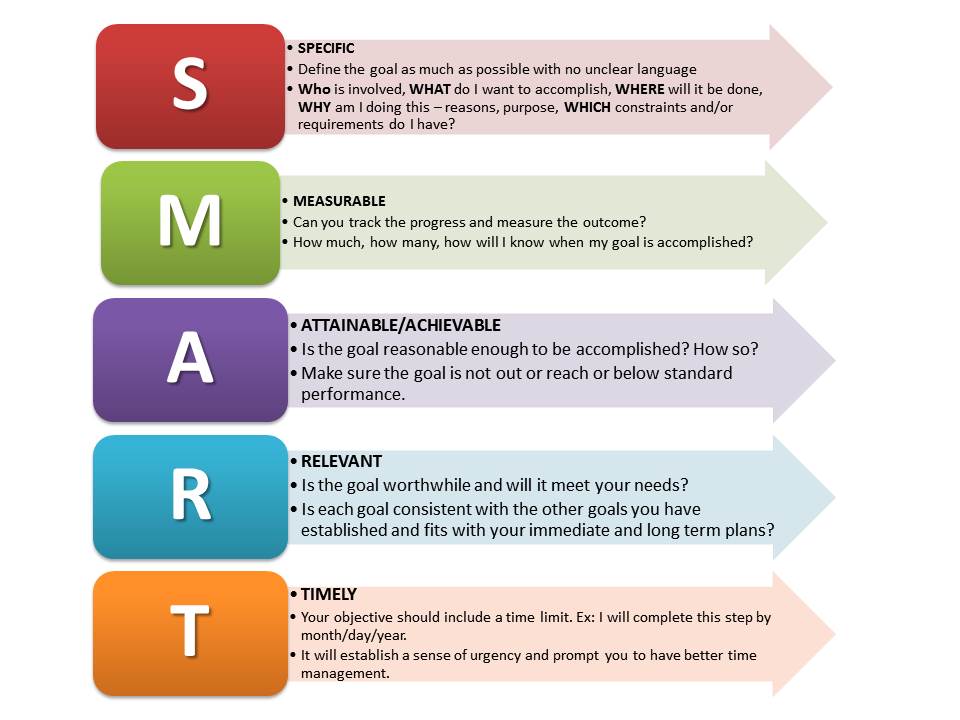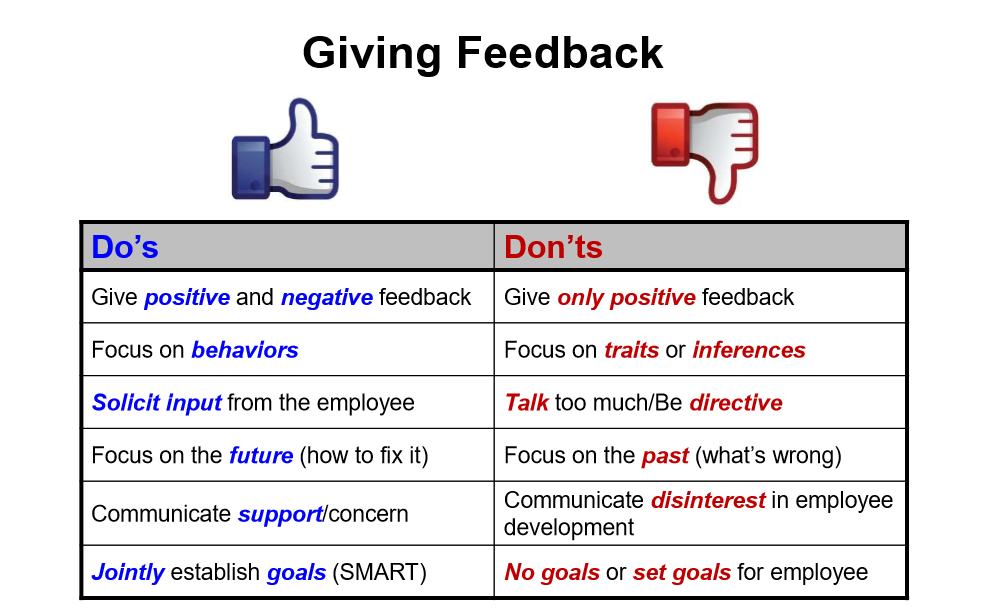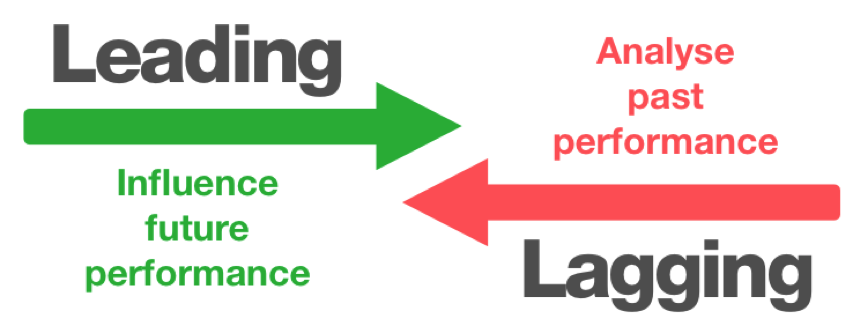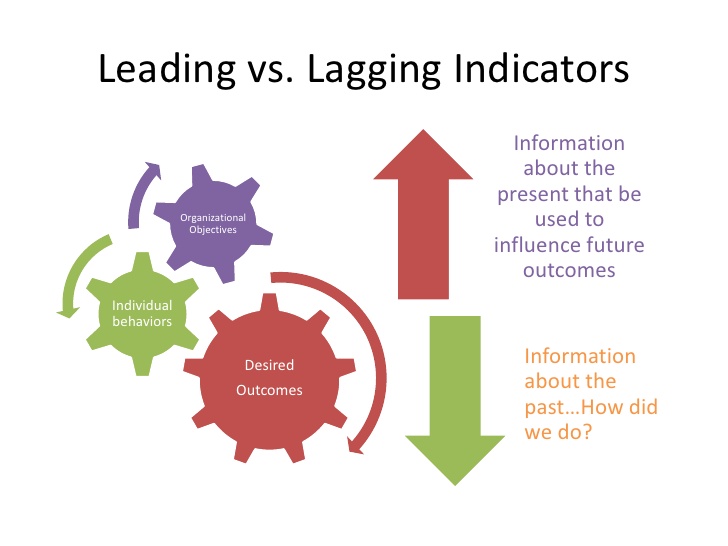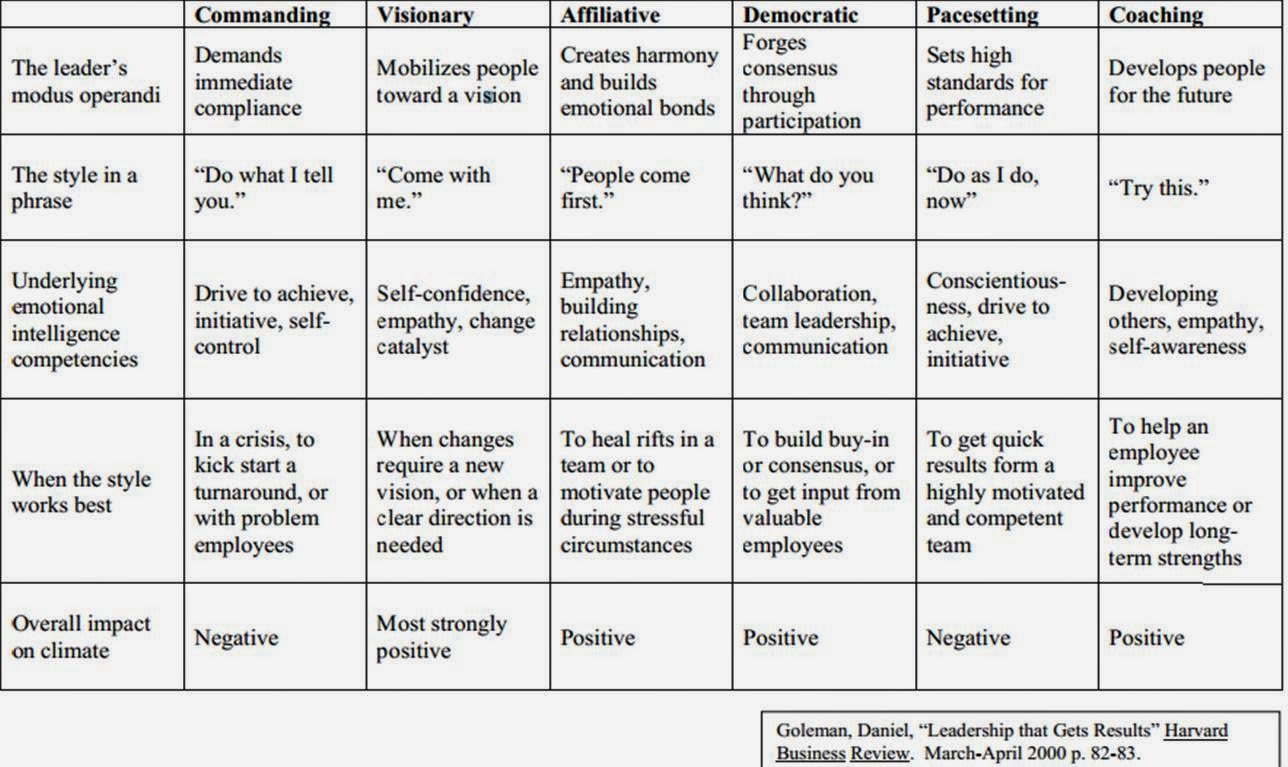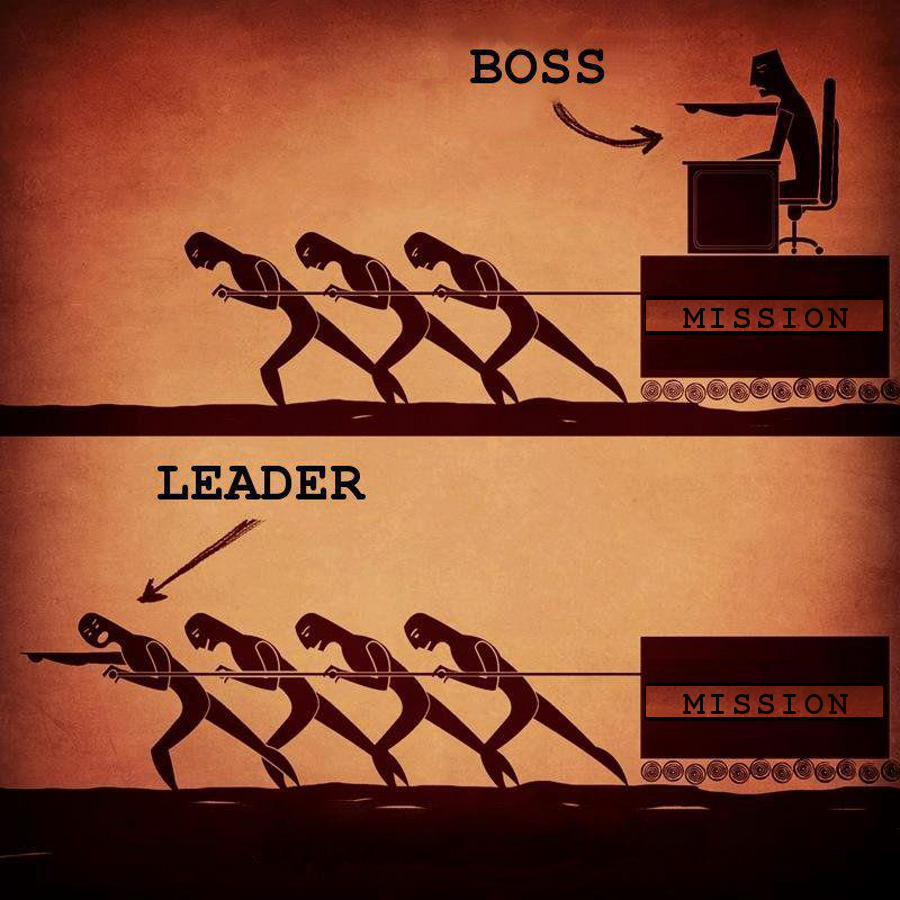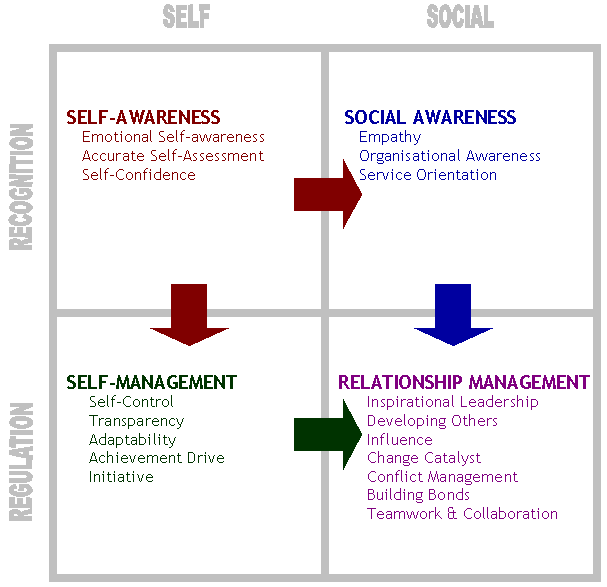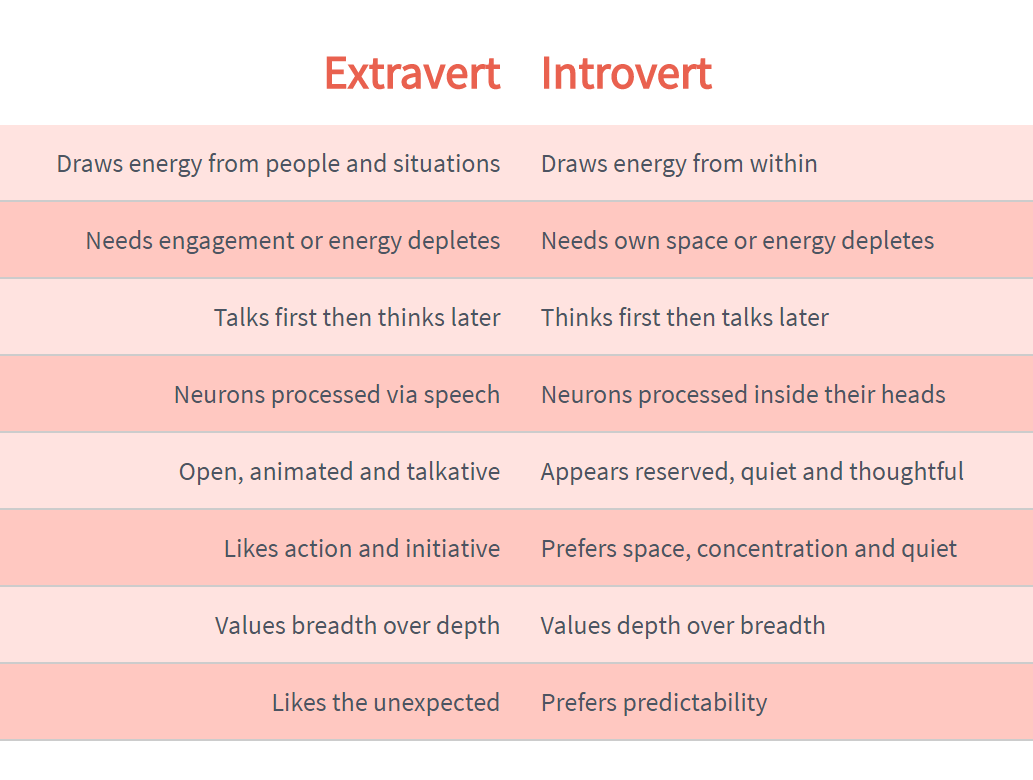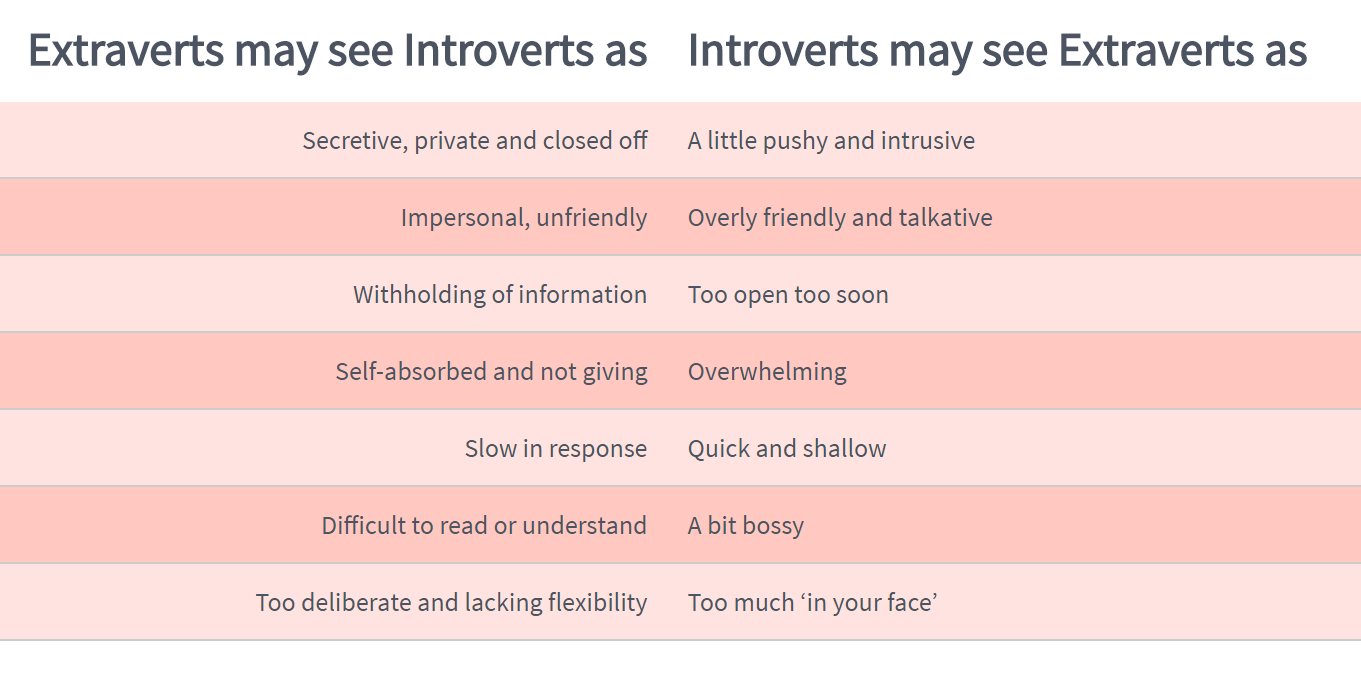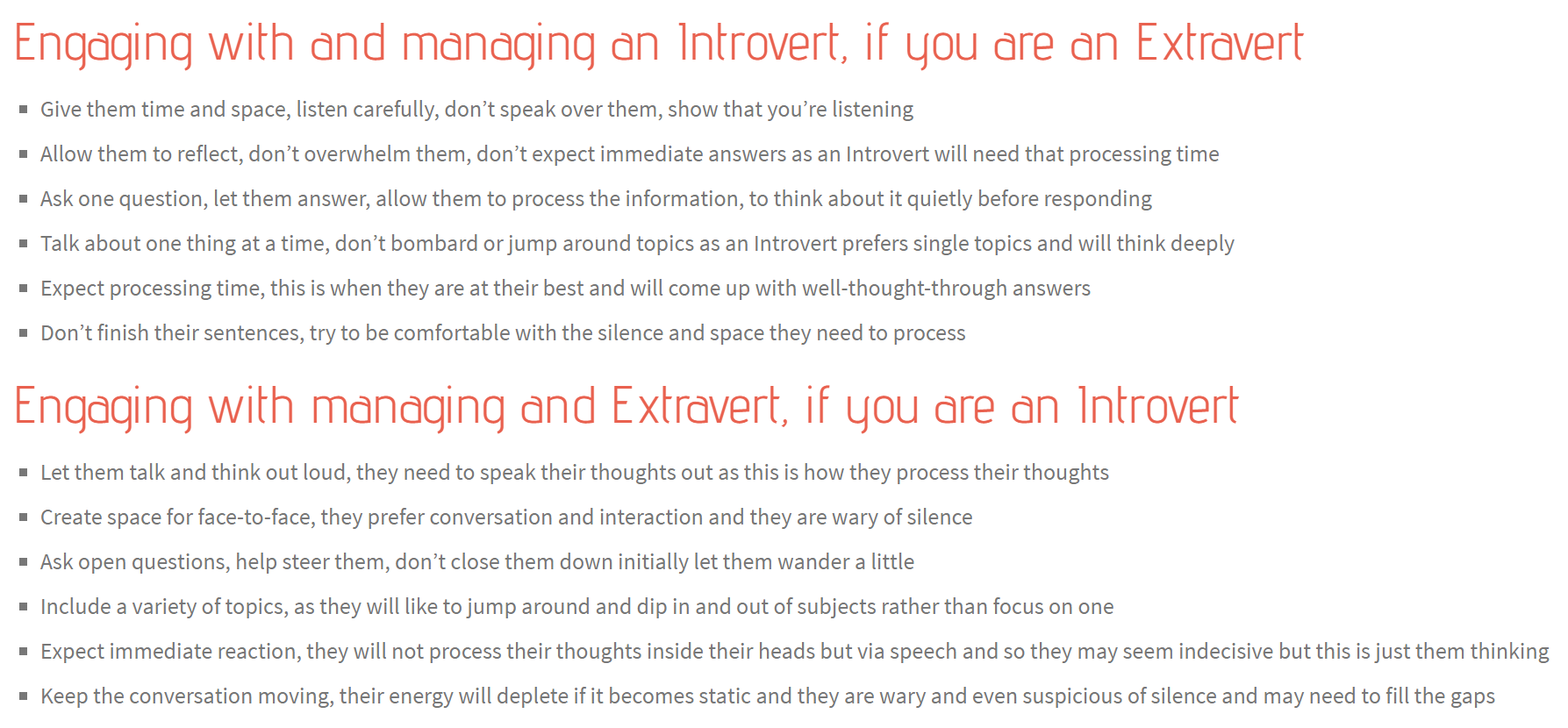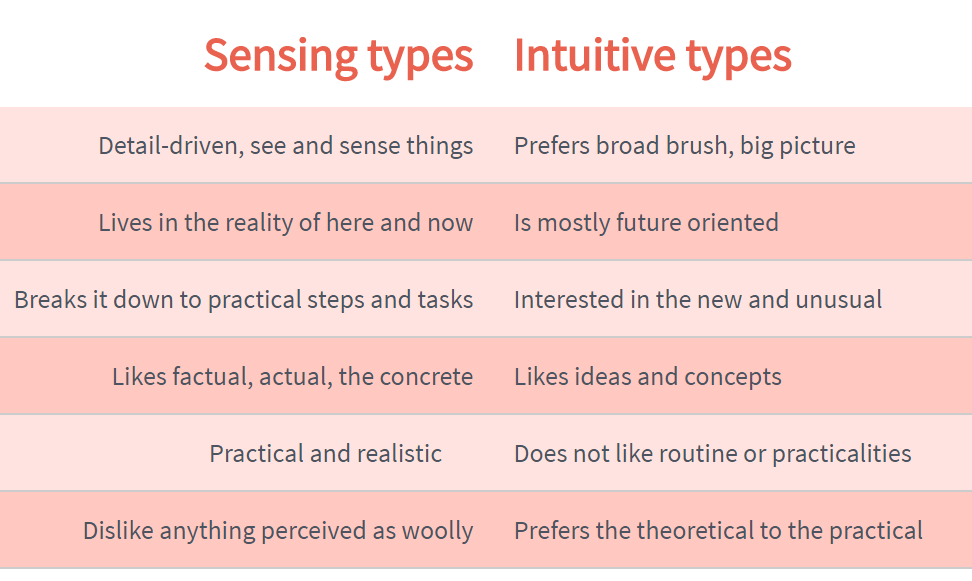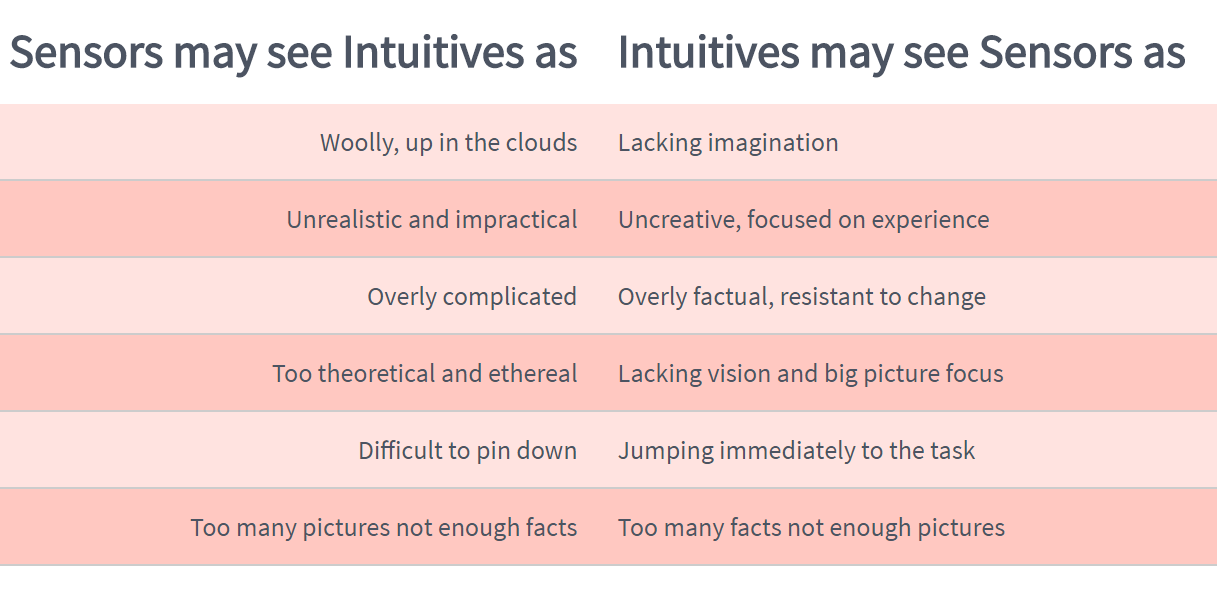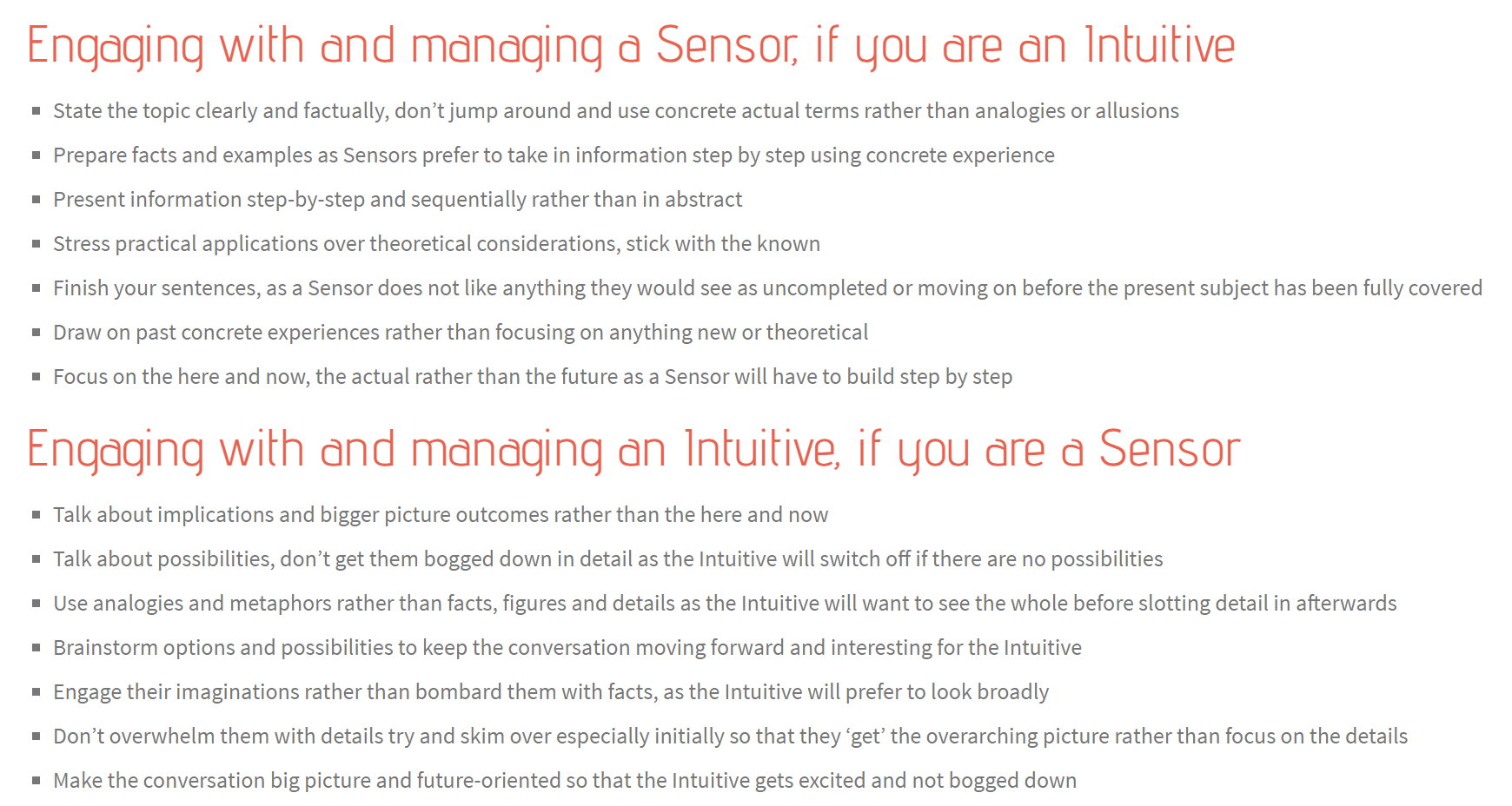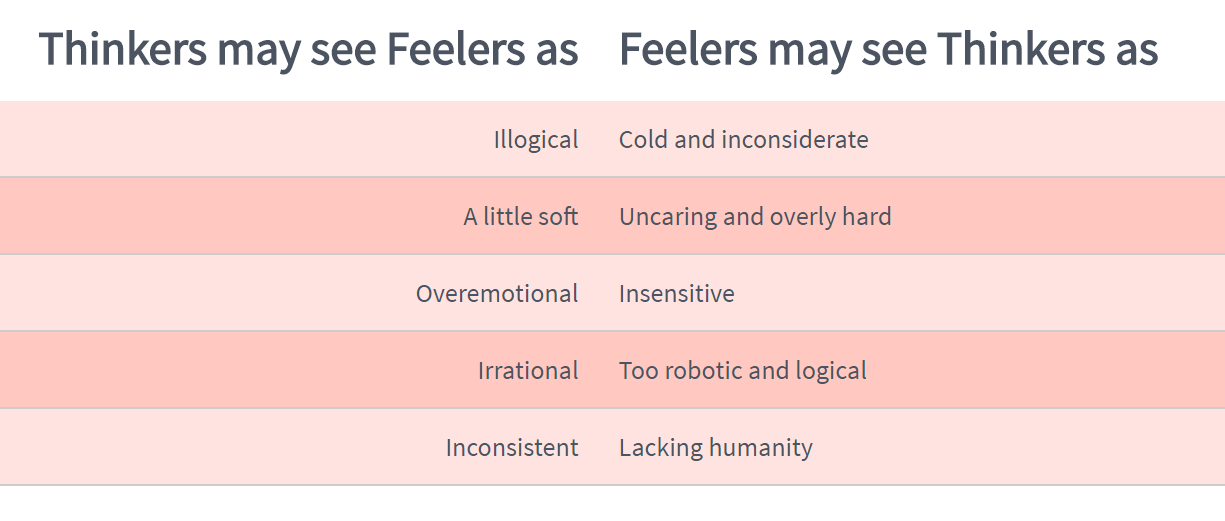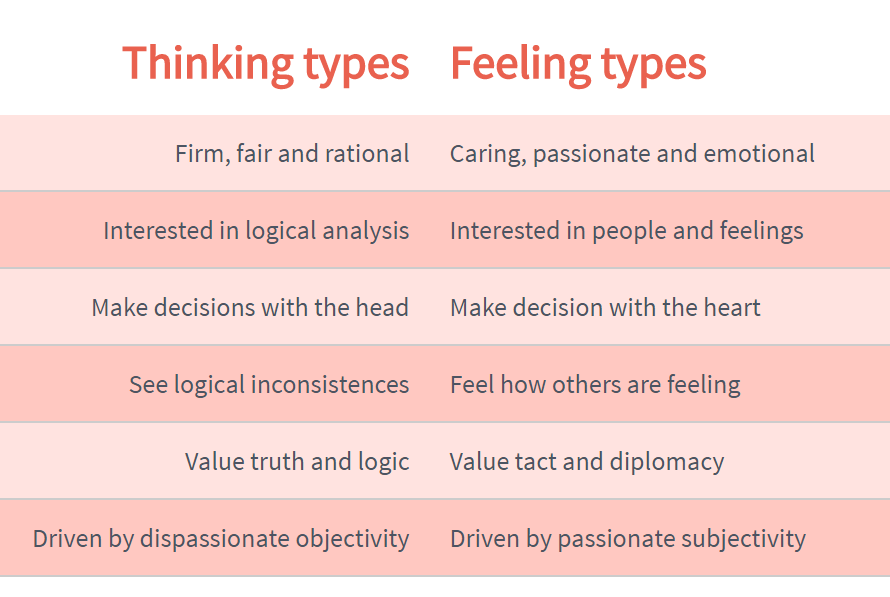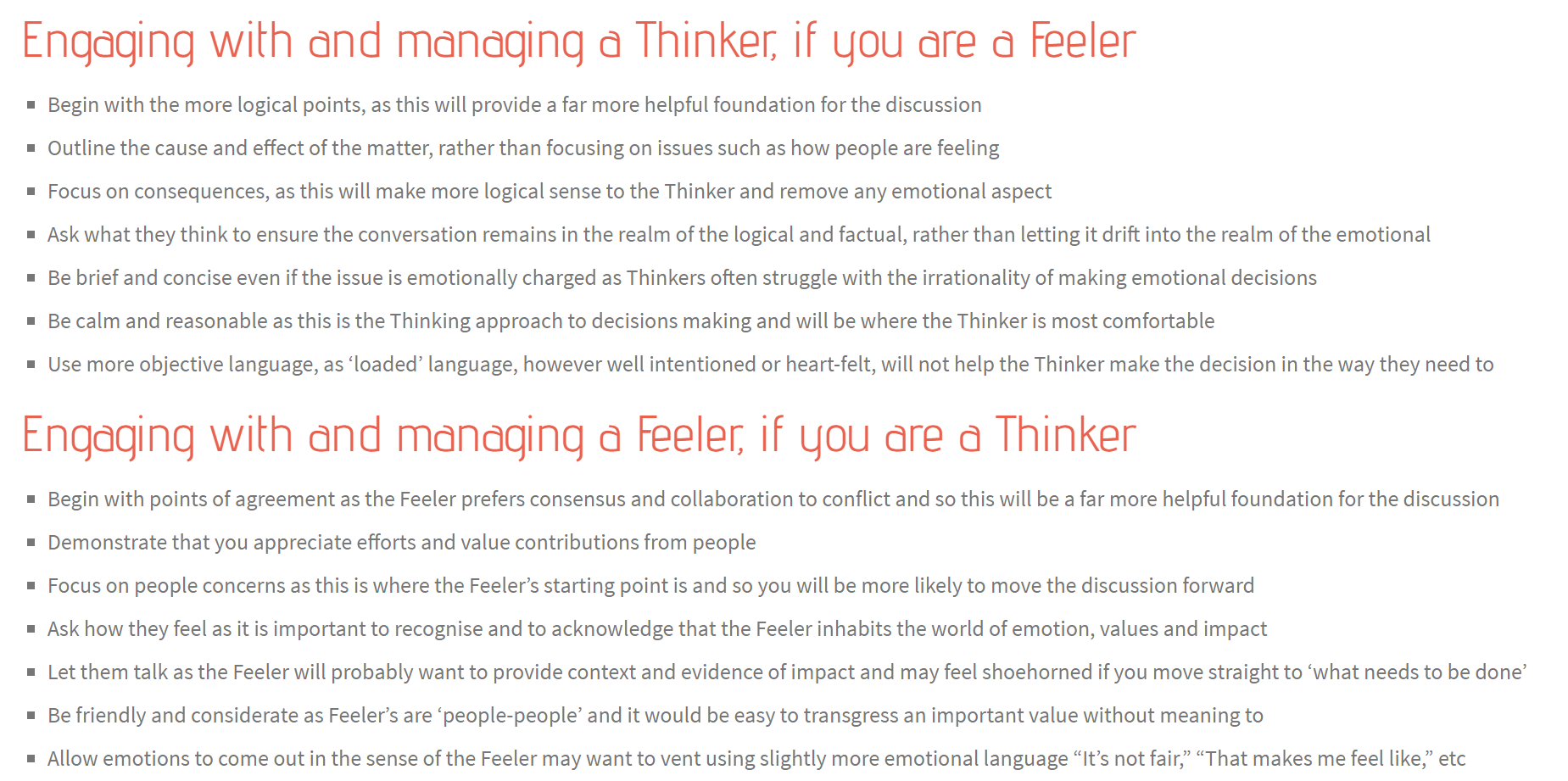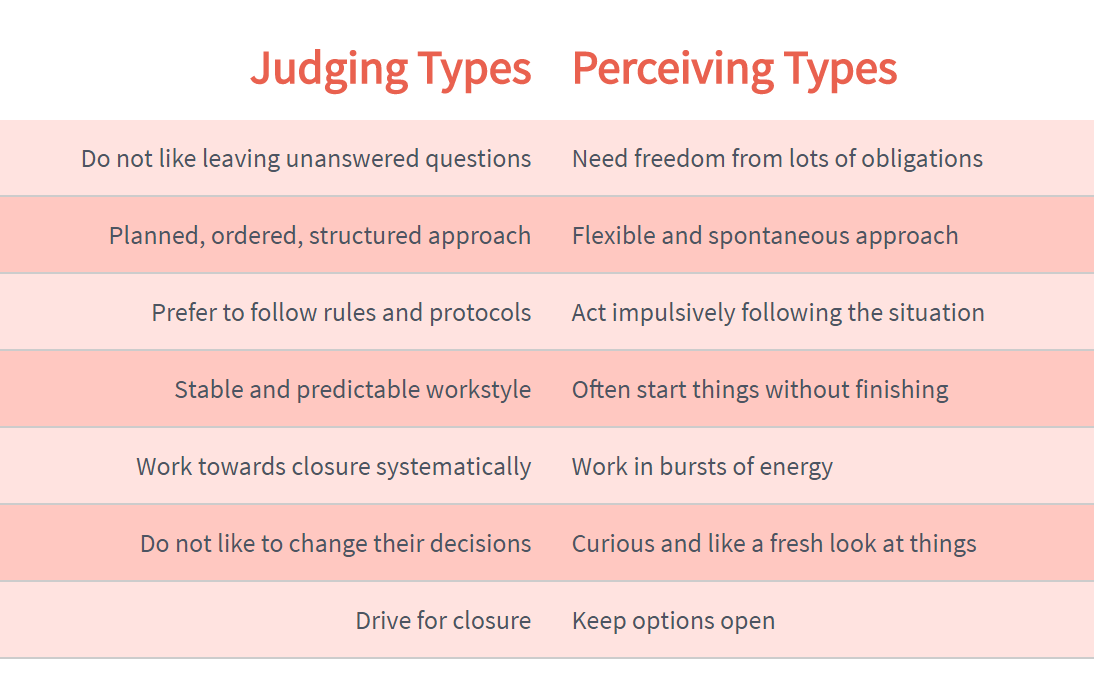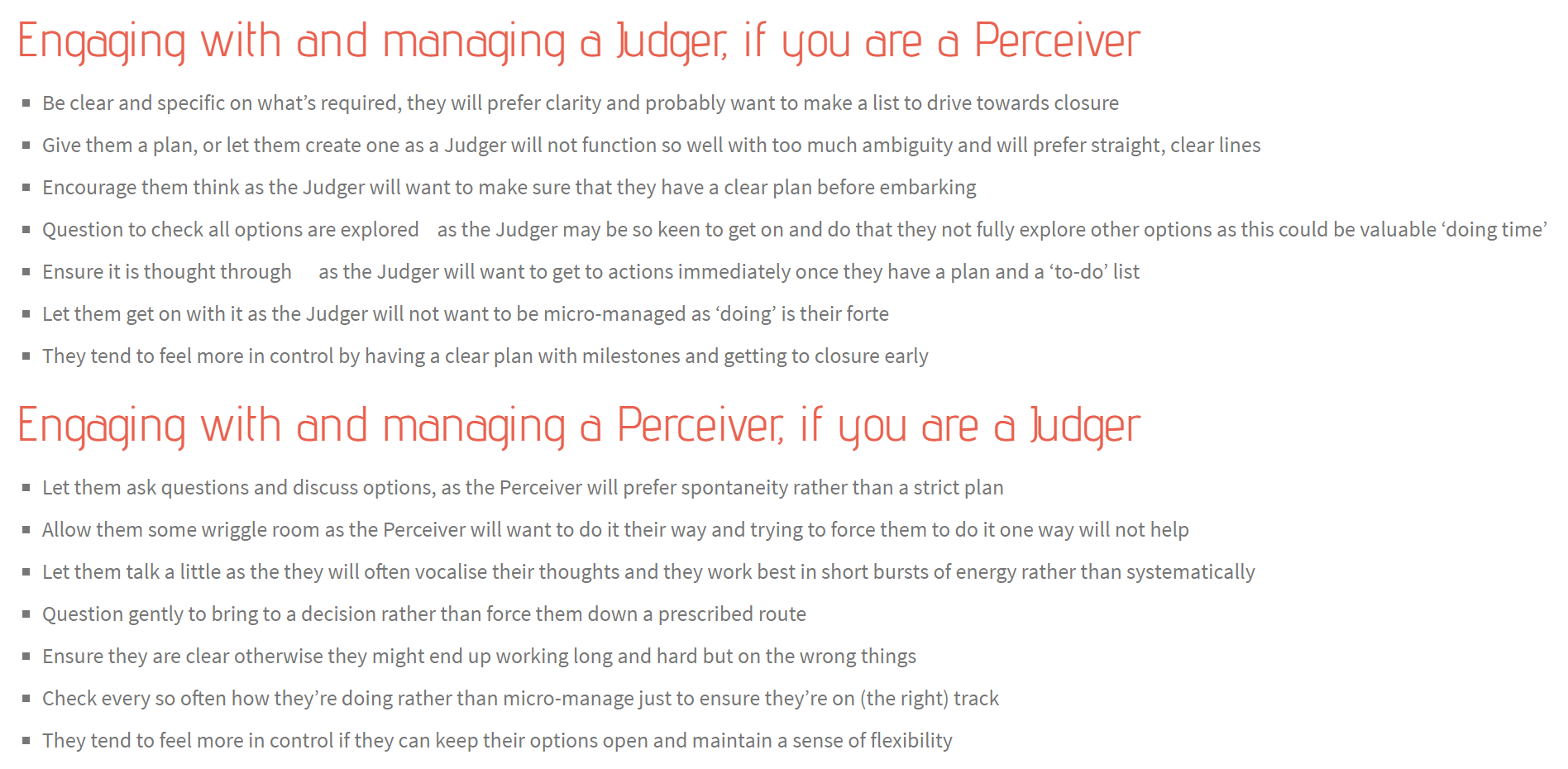This guide is a “crash” course on teamwork and becoming a team leader. There are no right answers when managing or leading a team. This guide provides awareness of the various tools and science that drives teamwork, organizational behavior, and leadership. Those who understand the material and use it daily are more likely to succeed in leading and pushing NetDef or their team to the next levels. This is a skillset, not a born trait…it constantly needs to be worked on. This page has been made to help with developing this skill set. Add new tools or references that you find to help future leaders.
Teamwork
A team is different than a group. Schools usually put students together to form a group in order to accomplish a common goal (e.g. school project). Teams are a formation of people who can get better results than a group. This is through trust, commitment, and accountability. Each team member has their own strengths and weaknesses that other team members are aware of.
Conflict
It's good!
Goals tell people what needs to be done, how much effort will be needed and leads to the development of goal attainment strategies.
Resistance is feedback.
People who care are those who speak up even if it's a disagreement. It's the quiet ones that might not care.
Debriefs
Debriefs (aka After Action Reports) is an important aspect for teams. After major events, teams should debrief to discuss what went well, what needs to be improved, and what needs to be dropped. Document the findings and make sure these notes are used during planning.
Goals & Vision
Goals and visions are an important aspect for humans. They direct and keep teams focused on the same direction. Similarly to how businesses and organizations have mission and vision statements.
Without goals and a vision, teams or organizations results become sub-par since it lacks directions on what to focus on. Without focus, not all team members will know what's the most important causing scope creep, increase work, and groupthink.
Visions are a future state in detail of what a project or an organization will be in. Leaders need to consistently communicate their vision in detail to their team(s) so they can understand why the leader is making specific decisions.
Goals can be made to support visions or for short-term projects.
SMART GOALS
Leading and Lagging Indicators
Leadership
There is a difference between leadership and management. Both have their pros and cons and what you pick depends on your skillset and the situation. Leaders can move organizations into something new; they share their vision and motivate others to follow. Managers keep the status quo and improve people and processes to be more efficient and effective.
Leadership Styles
What is a leader?
The person in charge to make decisions. This person is an EQUAL to all team members but has the responsibility to manage the team. This includes team conflict, decision making, vision, goals, etc. Managers, C-level officers, and other leadership positions are paid a lot more due to how difficult it is. If you are a leader, learn about personality types (below), learn about your team members' strengths and weaknesses, and prepare to do the same amount of technical work as a normal team member.
Why is leadership important?
Research proves teams with a good leadership perform better. Google it.
Emotional Intelligence
The biggest step in emotional intelligence is becoming self-aware. Are you thinking about your thinking? Why do you make decisions the way you do? Are your decisions fair for other people? Are you paying attention to your body language? Are you defensive on feedback or criticism? Blaming others for problems?
Self-awareness is about reflecting on oneself and seeing how one can improve. Instead of blaming others, understand what happened and how YOU could have done something differently. If you cannot do this, you will be an awful leader and team member.
Personalities
This is the MBTI. It has been around since the 1920s and still being researched. The point to understand the MBTI is to understand that people are wired differently and do not and cannot think and act the way you do. There are many personality exams and research being done. All of them have their pros and cons but they can be useful in leading teams and being a team member.
Take your personality, know your strengths and weaknesses. https://www.16personalities.com/
Go to the next step and learn about your team members personality archetypes, understand their strengths and weaknesses.
You will be able to cover each other's weaknesses, which creates synergy and trust.
Short Version & Guide
Read more about the differences in personalities: https://www.16personalities.com/articles/our-theory
You do not need to remember all of this stuff. The point is people are different from one another because we are “wired” differently. Individuals do not do things to just annoy one another.
Introverts vs Extroverts
Introverted individuals prefer solitary activities and get exhausted by social interaction. They tend to be quite sensitive to external stimulation (e.g. sound, sight or smell) in general. Do not get this confused with shyness.
Extraverted individuals prefer group activities and get energized by social interaction. They tend to be more enthusiastic and more easily excited than introverts.
Introverts need to a chance to speak up - Ask individual members if they have anything they want to add. Gives them a chance to speak up as extroverts tend to dominate the conversations. Introverts tend to give great insight to topics and conversations.
https://www.16personalities.com/articles/mind-introverted-vs-extraverted
http://www.preludecharacteranalysis.com/explore/extravert-vs-introvert
Observant/Sensing vs Intuitive
Observant or Sensing individuals are highly practical, pragmatic and down-to-earth. They tend to have strong habits and focus on what is happening or has already happened.
Intuitive individuals are very imaginative, open-minded and curious. They prefer novelty over stability and focus on hidden meanings and future possibilities.
https://www.16personalities.com/articles/energy-intuitive-vs-observant
http://www.preludecharacteranalysis.com/explore/sensing-vs-intuitive
Thinking vs Feeling
Thinking individuals focus on objectivity and rationality, prioritizing logic over emotions. They tend to hide their feelings and see efficiency as more important than cooperation.
Feeling individuals are sensitive and emotionally expressive. They are more empathic and less competitive than Thinking types and focus on social harmony and cooperation.
https://www.16personalities.com/articles/nature-thinking-vs-feeling
http://www.preludecharacteranalysis.com/explore/thinking-vs-feeling
Judging vs. Perceiving
Judging individuals are decisive, thorough and highly organized. They value clarity, predictability, and closure, preferring structure and planning to spontaneity.
Prospecting individuals are very good at improvising and spotting opportunities. They tend to be flexible, relaxed nonconformists who prefer keeping their options open.
This will be the biggest issue for each individual to each other. Usually the biggest point of conflict. Extreme examples: Highest judging people will have every minute of their day planned and every detail in a project accounted for. Highest prospecting individuals will probably be late for everything but highly adaptable and flexible.
https://www.16personalities.com/articles/tactics-judging-vs-prospecting
http://www.preludecharacteranalysis.com/explore/judging-vs-perceiving
